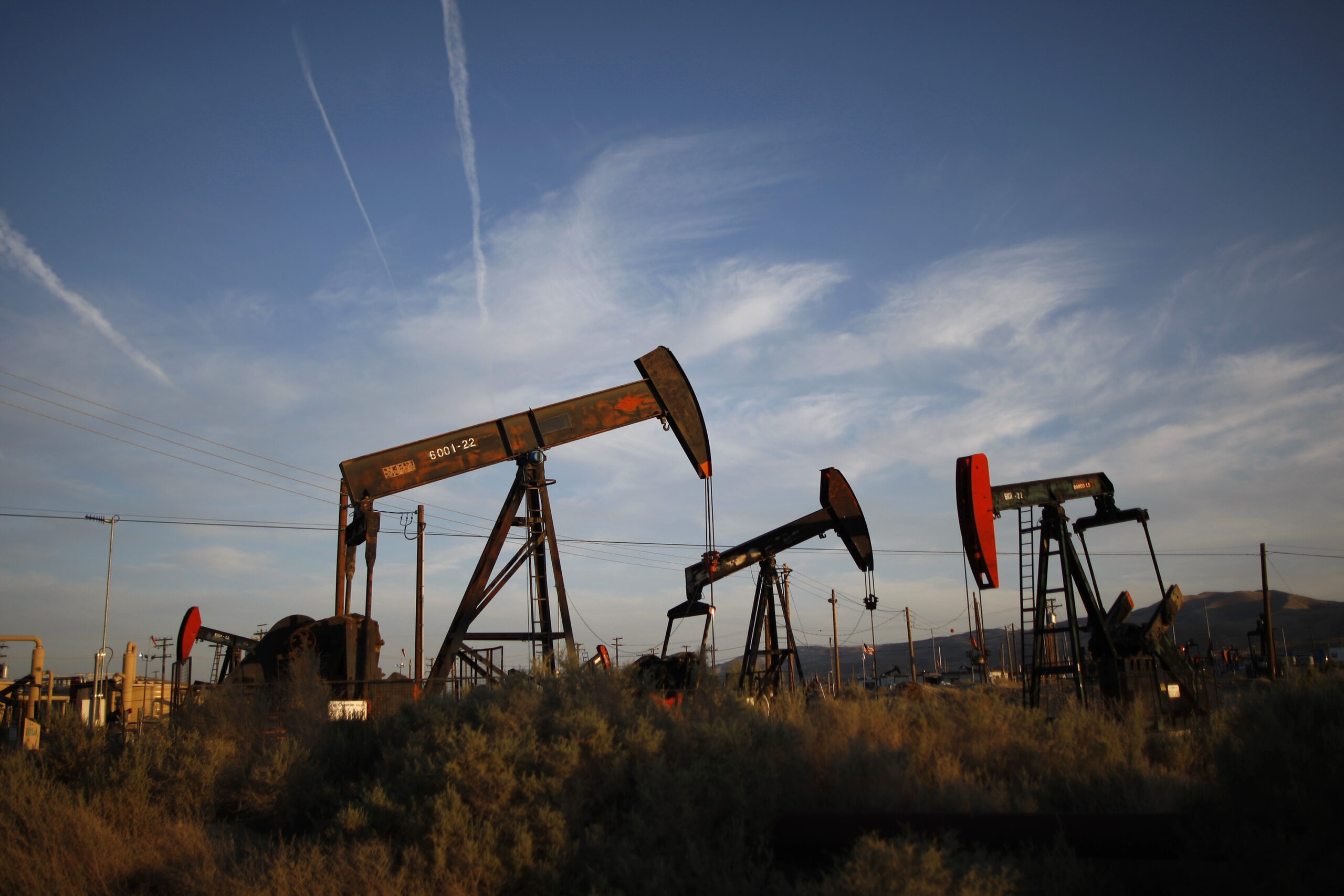Jan 9, 2015
The Political Economy of Falling Oil Prices: Implications for Arab Gulf States and the U.S.
Vinod K. Aggarwal, PhD. explores the implications of the falling oil prices for the Arab Gulf states and the United States.

Vinod K. Aggarwal, PhD. explores the implications of the falling oil prices for the Arab Gulf states and the United States.
On November 27, 2014 at the Vienna OPEC meeting, the cartel members decided not to cut production, leading to a dramatic fall in the price Brent Crude oil to below $70—lower than at any time since 2010. What motivated OPEC, pushed by Saudi Arabia, to refuse to production cuts?
Disagreements over the price of oil in light of very different costs of production and political-economic conditions? A strategy to undercut U.S. shale producers by driving prices below their economic viability? Or a plot by the U.S. and Saudi Arabia to undermine the Russian economy, ISIS, and Iran?
All of these ideas have been broached by commentators as possible motivations for the plunging prices of oil. Underlying these political arguments is an important secular trend in oil production—namely that shale oil, conservation, and alternative energy sources are decreasing reliance on OPEC oil, which accounts for about 40% of global daily production.
The U.S. imported 50% of its crude oil in 2010, but that number is likely to fall to about 20% by 2015.2
Although predicting oil prices is difficult in light of the multiplicity of political and economic factors that influence prices, it is likely that as Europe recovers, continued American, Chinese, and Indian economic growth will lead to a turn and increase in oil prices. At the same time, the shale oil boom is likely to continue, albeit after a shakeout of the more inefficient producers.
The views represented herein are the author's or speaker's own and do not necessarily reflect the views of AGSI, its staff, or its board of directors.





